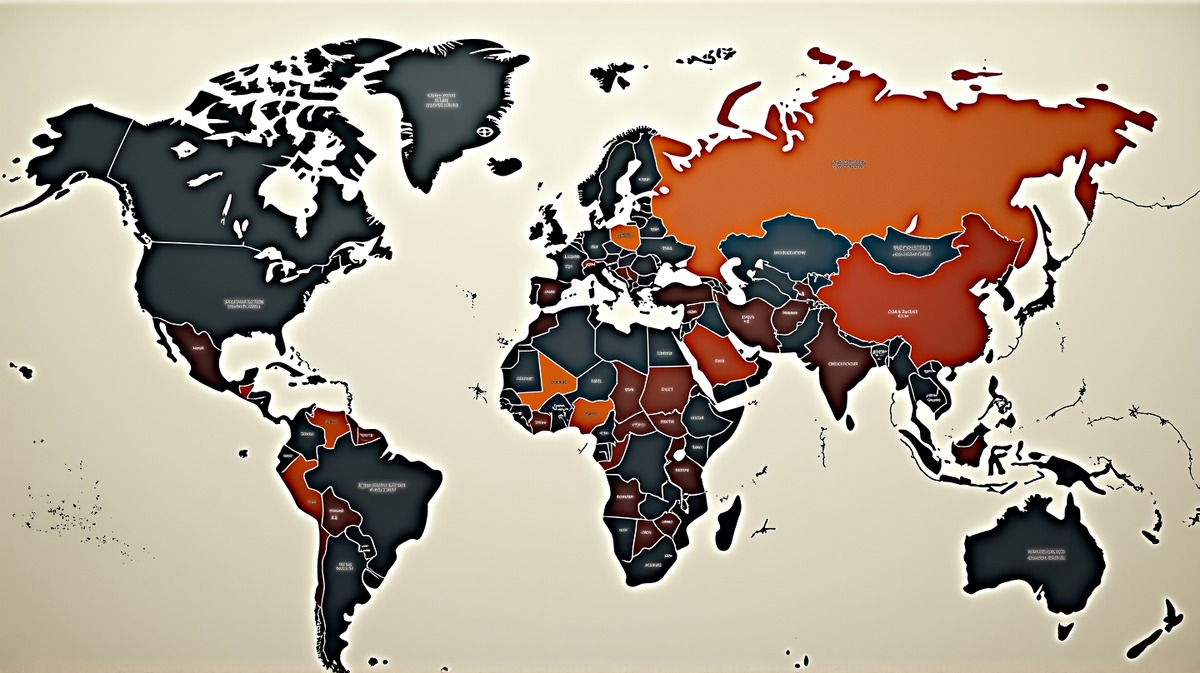Trump's New Tariffs: Will They Lead to an Economic Turmoil?

President Donald Trump’s announcement of sweeping new tariffs has sent shockwaves through the U.S. economy, sparking widespread concern over potential repercussions that could impact consumers and businesses alike. As the tariffs loom, the likelihood of a recession and increased prices for everyday goods seem imminent.
Understanding the Impact
Trump’s tax policy is set to levy a 10% tax on all imported products, affecting key trading partners like China and the European Union. Such a move marks one of the most significant tax increases in recent U.S. history, enough to disrupt the global supply chains that play a crucial role in sustaining economic activities across the nation.
According to ABC News, experts, including Jason Miller from Michigan State University, have called this move a “huge, huge shock to the economy.”
Why Prices Will Soar
With tariffs set to raise importers’ costs, consumers are projected to feel the pinch through inflated prices. The tariffs will touch nearly every imported and domestically assembled good relying on foreign parts. Electronics, clothing, and even groceries like coffee and avocados could see significant price hikes due to increased costs transferred to consumers.
Rob Handfield from North Carolina State University highlighted how widespread these increases could be: “Prices will go up for smartphones, computers, and TV – pretty much any electronic you can think of.”
Timeline for Price Hikes
The tariffs, effective April 5, will see perishable goods affected almost immediately, whereas other items may take weeks or months, depending on inventory cycles. Groceries like bananas and avocados, which are not domestically grown, are expected to reflect these price hikes the quickest.
“The first thing people will notice is that certain grocery prices will go up,” Kyle Handley of UC San Diego emphasized.
Looming Recession Fears
The imposing tariffs threaten to slow consumer spending, a significant driver of U.S. economic activity, as prices rise. Should these circumstances persist, there’s a palpable fear that they could tip the country into recession. Analysts caution that declining consumer confidence and spending, combined with businesses struggling to maintain competitiveness, could compound recession risks.
As Wall Street firms express concern, with J.P. Morgan asserting these policies could push the global economy into recession, there’s an urgent need to watch economic indicators closely.
Moving Forward
As the U.S. navigates these turbulent waters, the coming weeks and months will be crucial in understanding the full impact of Trump’s tariffs on the economy and everyday life. Thus, both consumers and businesses must brace for changes that might redefine economic realities in the short and long term.




